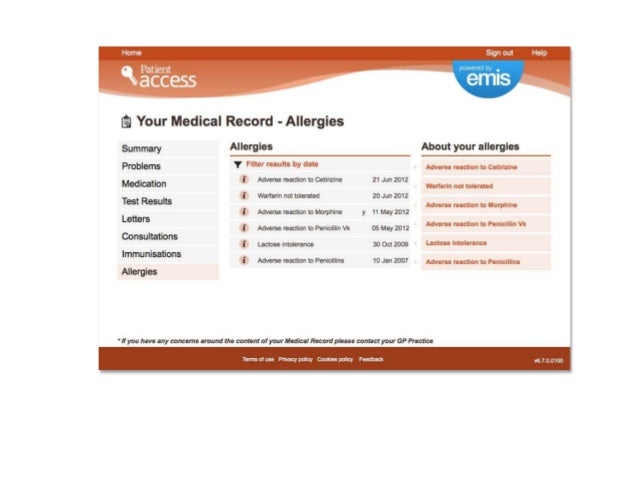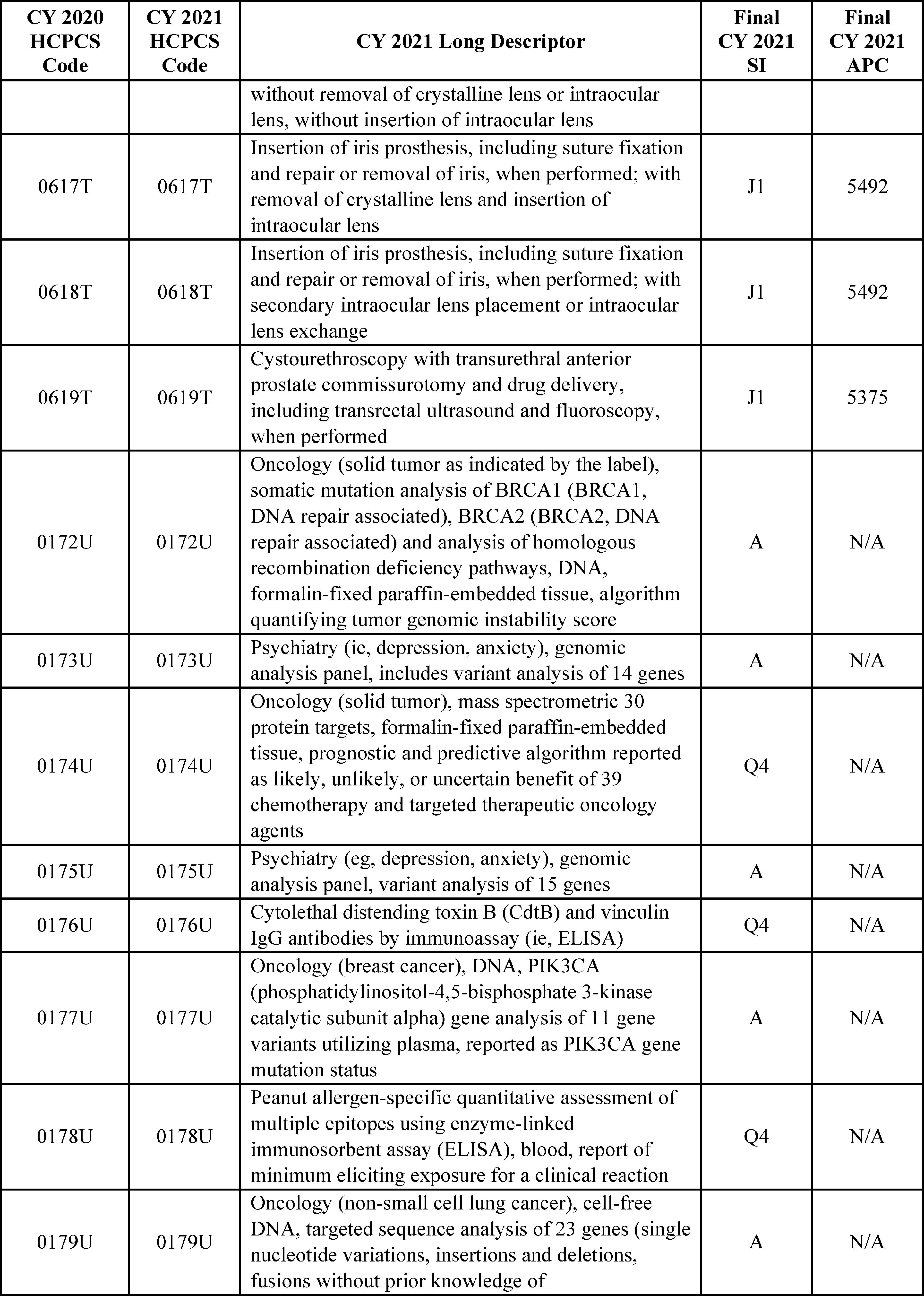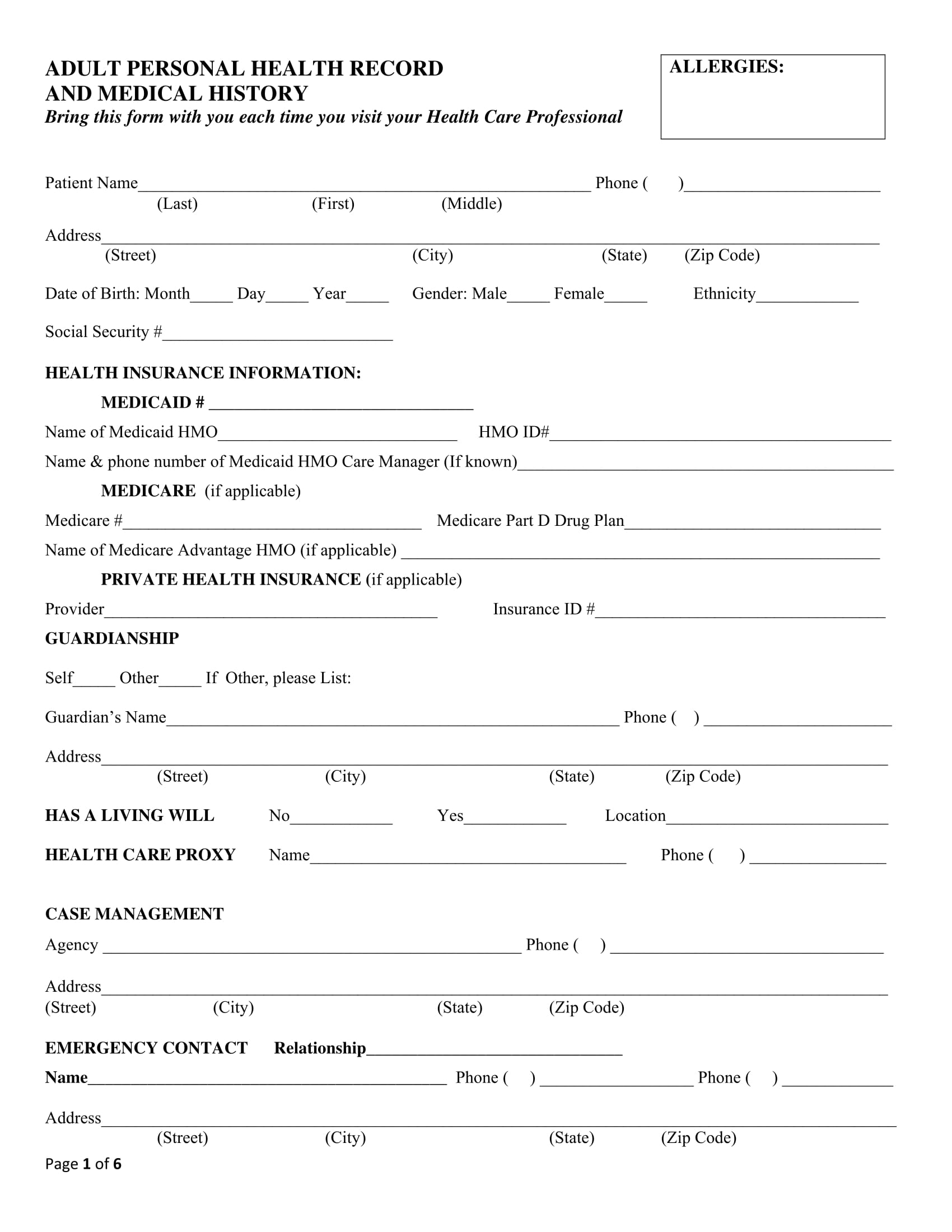
Patient rights to access their health information, be it from their doctor’s office or their health plan, is guaranteed under the Heath Insurance Portability and Accountability Act (HIPAA The Health Insurance Portability and Accountability Act of 1996 was enacted by the 104th United States Congress and signed by President Bill Clinton in 1996. It was created primarily to modernize the flow of healthcare information, stipulate how Personally Identifiable Information maintained by the healthcare and healthcare insurance industries should be protected from fraud and theft, and address lim…Health Insurance Portability and Accountability Act
Full Answer
Can patient have access to their own records?
Patients have a right to request access to their own medical records and can also provide consent for disclosure to third parties. You have a duty to protect the confidential data of your patients under the Data Protection Act (1998) and civil monetary penalties can be imposed for serious contraventions of the act.
Are patients entitled to their medical records?
This law provides that patients have a right to nearly all of their medical records. This includes access to electronic records. The right encompasses the patient’s legal entitlement to inspect, review and receive a copy of medical records and billing records that are held by health plans and healthcare providers. This law gives the individual patient, an appointed personal representative and a minor’s parents with this right to access medical records.
Who has access to my medical records?
Only you or your personal representative has the right to access your records. A health care provider or health plan may send copies of your records to another provider or health plan only as needed for treatment or payment or with your permission. The Privacy Rule does not require the health care provider or health plan to share information with other providers or plans.
How to handle patient request for medical records?
How to Handle Patient Request for Medical Records. A patient has a legal right to access his or her health record under HIPAA and state law. An oral, handwritten, faxed or emailed request from the patient or patient representative should be honored. Inspection: Within 5 working days of receiving request.

Should patients have access to medical records?
With limited exceptions, the HIPAA Privacy Rule (the Privacy Rule) provides individuals with a legal, enforceable right to see and receive copies upon request of the information in their medical and other health records maintained by their health care providers and health plans.
What is patient access in healthcare?
At its most basic, “patient access” is defined quite literally. It refers to the availability of healthcare, the ability of consumers to access care and treatment. Patient access is an integral part of the Affordable Care Act (ACA).
Can I see my NHS records online?
Using your NHS account You can get your GP record by logging into your account using the NHS app or NHS website. First, you need to register for online services and prove who you are. You can do this when you create an account.
What is patient access used for?
Patient Access is a website and mobile app which gives you access to a range of GP services online, as well as access to your health records.
What are the process involved in patient access?
Patient Access ServicesSchedule Patients and obtain all patient details.Verify Insurance, and eligibility for services - determine copayment, Co-insurance and deductible levels.Determine prior authorization requirements.Register Patients- make demographic and insurance updates.
What data is collected by patient access personnel?
The data collected is utilized by multiple members across the healthcare team, to include Patient Accounts, Patient Information, Clinicians and Health Information Management. Collection of Insurance Information: The patient access department provides the input of the patients' insurance or payment information.
How much does it cost to get your medical records UK?
freeDo I have to pay? No. Under General Data Protection Regulation (GDPR) accessing your medical records is free.
How far back do my medical records go?
Adult Medical Records – 6 years after the last entry or 3 years after death. GP Records – 3 years after death. ERPs must be stored for the foreseeable future. Maternity Records – 25 years after the birth of the last child.
How do I get my full record on the NHS app?
If you have the NHS App and get a message to say you need to contact your GP Practice, this is an extra option to get full access to your medical records in the NHS App. To get access to your full medical records in the NHS App, you need to contact your GP Practice and request access to your detailed coded record.
Who runs Patient Access?
Egton Medical Information Systems LimitedPATIENT ACCESS is provided by Egton Medical Information Systems Limited("EMIS"), a company registered in England with company number 2117205 with a registered office address of Fulford Grange, Micklefield Lane, Rawdon, Leeds, LS19 6BA. The Patient Access Marketplace is also provided by EMIS.
Does Patient Access show test results?
If you have asked for test results to be visible on your Patient Access account, your results will become available for you to view as soon as the Doctor has reviewed them. Please follow the instructions below to view them: 1.
What is Patient Access account?
Patient Access is a great online service which allows you to book appointments, order repeat prescriptions, and view your medical record. The services is open 24/7/365 and can be accessed from your home PC, Tablet or Mobile phone.
Why is access to healthcare so important?
Health Impact of Access to Health Services Prevent disease and disability. Detect and treat illnesses or other health conditions. Increase quality of life. Reduce the likelihood of premature (early) death.
What is patient access NHS?
Patient Access connects you to local health services when you need them most. Book GP appointments, order repeat prescriptions and discover local health services for you or your family via your mobile or home computer. Register.
How can you improve patient access to care?
Five Steps to Improving Patient Access to Healthcare#1: Create a Patient Access Task Force. ... #2: Assess Barriers to Patient Access. ... #3: Turn Access Barriers into Opportunities. ... #4: Implement an Improved Patient Access Plan. ... #5: Scale and Sustain Better Patient Access.
What are the 4 barriers to accessing health services?
The study shows that lack of transport, availability of services, inadequate drugs or equipment, and costs, are the four major barriers for access.
What is patient access?
Patient Access connects you to local health services when you need them most. Book GP appointments, order repeat prescriptions and discover local health services for you or your family via your mobile or home computer.
Is patient access available in the UK?
Patient Access is now available to any UK patient. Join today and benefit from a faster, smarter way to manage your healthcare.
Electronic Health and Medical Records
Electronic health/medical records are patient records that have been converted to be stored electronically rather than in a paper format. They have their advantages and drawbacks, just like any other method.
The Promises of Electronic Medical Records
The creators of electronic medical records (EMRs) or electronic health records (EHRs) promise to deliver conveniences for medical professionals and consumers. This technology promises to provide up-to-date, accurate, and complete information about patients, no matter where they go to receive medical care.
Overall Pros and Cons
Burnout is an insidious problem. We try to cover it up, but it is all but impossible to ignore. Healthcare professionals who suffer burnout tend to experience insomnia, an array of physical pains, loss of appetite, anxiety, and chronic fatigue, to only name symptoms related to physical and emotional fatigue.
Who has the right to access your medical records?
Access. Only you or your personal representative has the right to access your records. A health care provider or health plan may send copies of your records to another provider or health plan only as needed for treatment or payment or with your permission.
What to do if your medical record is incorrect?
Corrections. If you think the information in your medical or billing record is incorrect, you can request a change, or amendment, to your record. The health care provider or health plan must respond to your request. If it created the information, it must amend inaccurate or incomplete information.
What is the privacy rule?
The Privacy Rule gives you, with few exceptions, the right to inspect, review, and receive a copy of your medical records and billing records that are held by health plans and health care providers covered by the Privacy Rule.
What happens if a provider does not agree to your request?
If the provider or plan does not agree to your request, you have the right to submit a statement of disagreement that the provider or plan must add to your record.
Can a provider deny you a copy of your records?
A provider cannot deny you a copy of your records because you have not paid for the services you have received. However, a provider may charge for the reasonable costs for copying and mailing the records. The provider cannot charge you a fee for searching for or retrieving your records.
Does HIPAA require health care providers to share information with other providers?
The Privacy Rule does not require the health care provider or health plan to share information with other providers or plans. HIPAA gives you important rights to access - PDF your medical record and to keep your information private.
Who has the right to access health records?
The Privacy Rule generally also gives the right to access the individual’s health records to a personal representative of the individual. Under the Rule, an individual’s personal representative is someone authorized under State or other applicable law to act on behalf of the individual in making health care related decisions. With respect to deceased individuals, the individual’s personal representative is an executor, administrator, or other person who has authority under State or other law to act on behalf of the deceased individual or the individual’s estate. Thus, whether a family member or other person is a personal representative of the individual, and therefore has a right to access the individual’s PHI under the Privacy Rule, generally depends on whether that person has authority under State law to act on behalf of the individual. See 45 CFR 164.502 (g) and 45 CFR 164.524.
Why is it important to have access to health information?
Providing individuals with easy access to their health information empowers them to be more in control of decisions regarding their health and well-being. For example, individuals with access to their health information are better able to monitor chronic conditions, adhere to treatment plans, find and fix errors in their health records, ...
How long does a covered entity have to respond to a HIPAA request?
Under the HIPAA Privacy Rule, a covered entity must act on an individual’s request for access no later than 30 calendar days after receipt of the request. If the covered entity is not able to act within this timeframe, the entity may have up to an additional 30 calendar days, as long as it provides the individual – within that initial 30-day period – with a written statement of the reasons for the delay and the date by which the entity will complete its action on the request. See 45 CFR 164.524 (b) (2).
What is the HIPAA Privacy Rule?
With limited exceptions, the HIPAA Privacy Rule (the Privacy Rule) provides individuals with a legal, enforceable right to see and receive copies upon request of the information in their medical and other health records maintained by their health care providers and health plans.
How long does it take to get access to a certified EHR?
While the Privacy Rule permits a covered entity to take up to 30 calendar days from receipt of a request to provide access (with one extension for up to an additional 30 calendar days when necessary), covered entities are strongly encouraged to provide individuals with access to their health information much sooner, and to take advantage of technologies that enable individuals to have faster or even immediate access to the information.
What is access requested?
The access requested is reasonably likely to cause substantial harm to a person (other than a health care provider) referenced in the PHI. The provision of access to a personal representative of the individual that requests such access is reasonably likely to cause substantial harm to the individual or another person.
What are the two categories of information that are expressly excluded from the right of access?
In addition, two categories of information are expressly excluded from the right of access: Psychotherapy notes , which are the personal notes of a mental health care provider documenting or analyzing the contents of a counseling session, that are maintained separate from the rest of the patient’s medical record.
Why is electronic health records important?
It has the potential to decrease the healthcare provision costs, improve access to healthcare data, self-care, quality of care, and health and patient-centered outcomes.
Do patient portals affect health outcomes?
However, three studies did not find any statistically significant effect of patient portals on health outcomes. The main concerns have been around security, privacy and confidentiality of the health records, and the anxiety it may cause amongst patients.
Who said once you get your records, you have control over where your health information goes?
Dr. Rachele Hendricks-Sturrup, health lead at the Future of Privacy Forum, said once you get your records, “you, the patient, have control over where your health information goes. Then it pretty much becomes a Wild West.”
Is there a rule that gives patients access to their medical records for free?
Here’s a rare thing these days — a health care story that is not about the pandemic. A new federal rule took effect Monday giving patients more access to their medical records — for free. Many patient records are already electronic, but it can be a hassle to get them. The new rule opens the door to major changes in access to health information.
